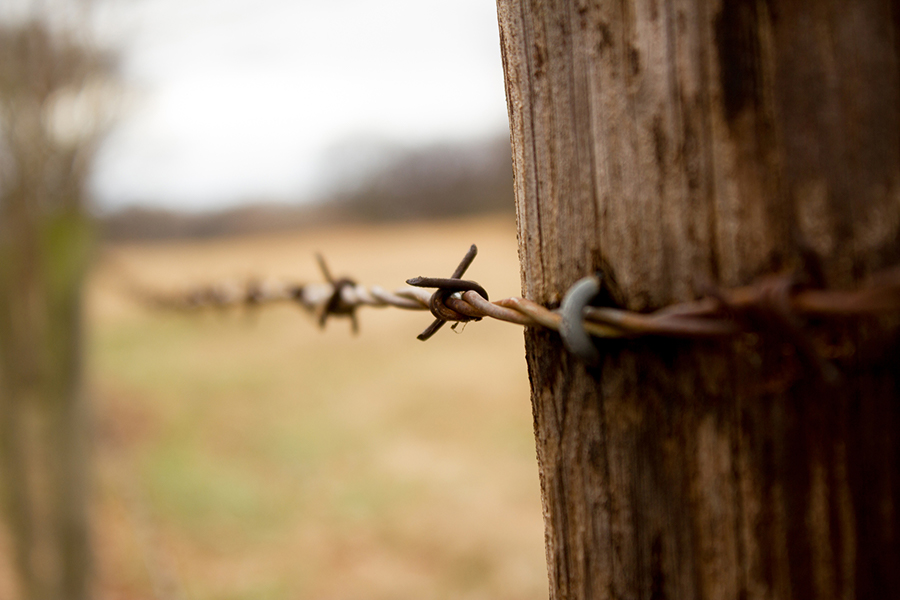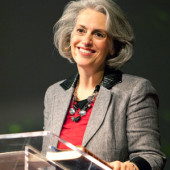The end, the story says. Script writers know that to successfully complete a TV series or movie, you must wrap up the loose ends. At the end of a person’s life, there is a service to conclude their time on earth.
When you get sick, one of the first questions you ask the doctor is “when will I will be better?”
After a tragedy occurs, there is a point in which restitution is expected: the check arrives, the new house is moved into, the perpetrator goes to jail.
You see, it’s in your nature to desire closure. To be frank, as we’re told from a young age that our lives will be whatever we determine for ourselves, there is no consideration that we might not get a happy ending after all.
Even in our Jesus’-loving, hope-filled circles the idea of leaving loose ends, of never receiving that apology or forgiveness, or of some action never being made right is largely dismissed.
In a way, that’s wrong. In another way, it’s very right.
God never promises “happy endings” or desired explanations for why the illness is both chronic and untreatable.
The great heroes of faith described in Hebrews 11 found this to be true:
“These were all commended for their faith, yet none of them received what had been promised” Hebrews 11:39
Moses died without entering the promised land. Isaiah died without watching the Savior who he so often spoke of and advocated for arrive or save the world. There were many others.
Yet Hebrews 11:40 continues:
“since God had planned something better for us so that only together with us would they be made perfect.”
As you face the many unclosed doors, loose threads, and “never-seem-to-ends” of life, you have the option to live faithfully and place your hope in the one “happily ever after” that you can count on: Christ’s.
That’s where we get it right when we remind those hurting, suffering, and struggling with closure that it will come and it will be okay. Maybe not now. Possibly (in some cases probably) not even on this earth. But looking toward the the end of eternity, you can humbly live out Psalm 131:
“My heart is not proud, Lord,
my eyes are not haughty;
I do not concern myself with great matters
or things too wonderful for me.But I have calmed and quieted myself,
I am like a weaned child with its mother;
like a weaned child I am content.Israel, put your hope in the Lord
both now and forevermore.”
Humbly, without closure, accept that you don’t need it and there is no way to earn it. Recognize that some things are bigger than you can understand –and that includes Him working all things wonderfully for good.
Calm and quiet yourself. As Hebrews 6 describes, choose solid food as one mature in the faith. Choose to:
“Have this hope as an anchor for the soul, firm and secure. It enters the inner sanctuary behind the curtain, where our forerunner, Jesus, has entered on our behalf” Hebrews 6:19-20
Your hope can be in the Lord now –even without closure- and in the forevermore –in which all is right in His presence, including those who love the Lord.




















